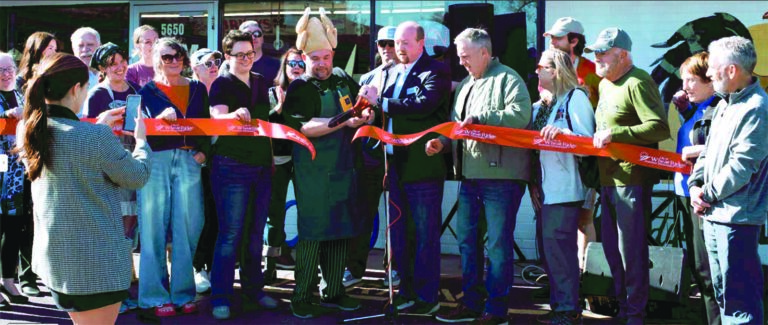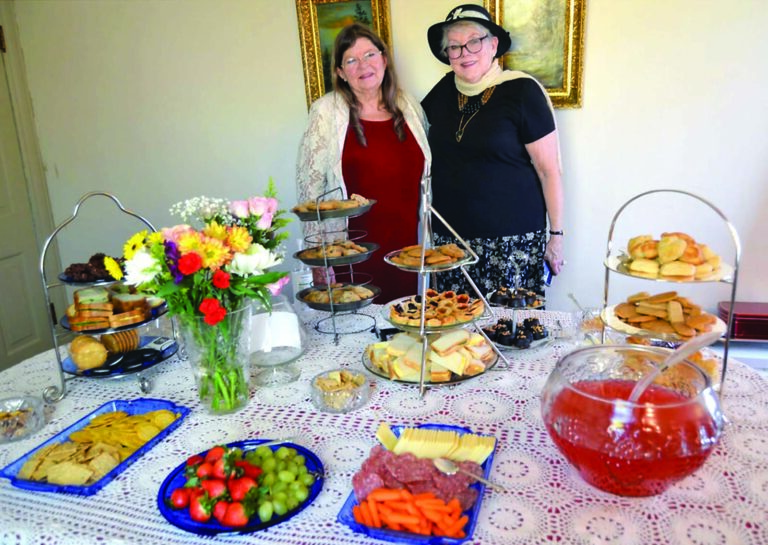Every two years, the city conducts a resident survey to learn about perceptions from our residents on life in Wheat Ridge. We ask questions about the quality of services we provide, what’s important and perceptions of quality of life in Wheat Ridge. We track results over time to gauge progress and changes.
In the 2021 Resident Survey, respondents rated the availability of affordable quality housing in Wheat Ridge as 23rd of 25 community features, likely meaning it is insufficient and needing improvement. In every survey, we ask residents why they chose to live in Wheat Ridge, and over the last seven years, “Cost of living is affordable” and “Housing and rental rates are affordable” has been a steadily declining response.
Wheat Ridge is certainly not alone. Addressing affordable housing is currently one of the most pressing issues in the region and state. In October 2021, the Colorado Department of Local Affairs awarded the city a grant to complete an Affordable Housing Strategy and Action Plan and the city retained consultant team czb, LLC to lead the project. We are mid-way through the project, and at the council study session on Monday, Aug. 15, city and czb staff provided an update about the project and sought direction from council.
This project includes public participation and at a recent open house and online survey, about 48 percent of respondents expressed concern for their own housing affordability. However, when asked their level of concern about housing affordability for others and the community at large, 88 percent of respondents indicated that they are extremely or somewhat concerned. You are right to be concerned; median home prices are now approaching $600,000 in Wheat Ridge, meaning the median annual household income required for purchase is approximately $150,000. The current median household income for owners in Wheat Ridge is approximately $90,000.
While rent in Wheat Ridge continues to be more affordable than the Front Range average, the typical rental unit today requires a median income of about $50,000. But more importantly, there is a real availability gap for renting households who make less than $35,000 per year. Currently, there are about 1,200 renting households in Wheat Ridge in this income bracket who do not have access to a rental property they can afford.
Considering renting and owning households in general, many people who provide critical services in our community such as nurses, teachers, fire fighters, grocery store workers and restaurant staff cannot afford to live in Wheat Ridge. Council reviewed some options for addressing housing affordability, which include working with local housing authorities to access existing federal programs to access low-income tax credits and housing vouchers for extremely cost-burdened households, and partnering with existing rental property owners to provide financial assistance to upgrade their units in exchange for stable affordable rents.
Another initiative that addresses financing for affordable housing is coming to the ballot this fall: Proposition 108, Make Colorado Affordable. This state initiative seeks to dedicate one-tenth of one percent of existing income tax revenue to expanding affordable housing statewide. I hope you will carefully consider this initiative as you vote this fall.
For more information on the city’s Affordable Housing Strategy and Action Plan visit: WhatsUpWheatRidge.com/Housing.
Contact Wheat Ridge Mayor Bud Starker at [email protected] or 303-235-2800.






